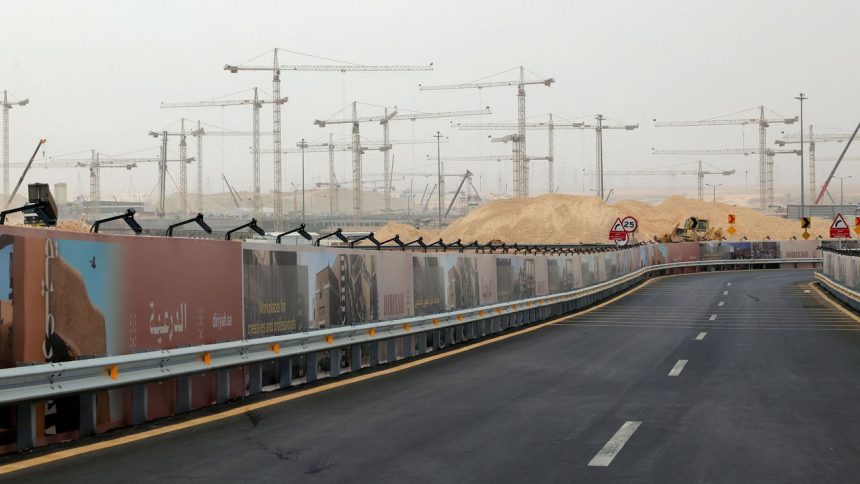Beyond Oil: The Expanding Economic Horizons of Gulf States and Asia
Shifting Economic Dynamics
The economic landscape between the Gulf region and Asia is undergoing a remarkable transformation, moving beyond the traditional reliance on oil. As countries like Saudi Arabia, the UAE, and Qatar diversify their economies, they are seeking opportunities in various sectors ranging from technology to tourism.
Expanding Trade Relationships
In recent years, we have seen substantial growth in trade relations between Gulf countries and Asian nations. According to the latest data from the International Monetary Fund (IMF), trade volumes have soared by over 30% since 2020. This surge highlights a robust desire for collaboration that transcends crude oil exports.
Diversification Initiatives
Gulf states are actively pursuing strategies aimed at reducing their dependence on oil revenues. For instance, Saudi Arabia’s Vision 2030 plan emphasizes investment in non-oil sectors like entertainment and renewable energy. Similarly, the UAE has positioned itself as a global hub for innovation by fostering startups and promoting advanced industries such as AI and fintech.
Investments Driven by Mutual Interests
The escalating investments between these regions reflect shared goals of economic fortification. Reports indicate that Asian investors contributed over $10 billion to infrastructure projects across Gulf nations last year alone—this figure is anticipated to rise as demand for modern amenities increases.
Cultural Exchange Reinforcing Ties
A notable aspect of this evolving relationship is cultural exchange. Educational partnerships are flourishing; institutions from Asia are collaborating with universities in Qatar and Dubai to create enriching study programs that benefit students from both regions. This fosters not just economic ties but also cross-cultural understanding.
Looking Ahead: Opportunities on the Horizon
As both sides continue to build upon these foundations, future prospects appear increasingly promising. Emerging technologies such as artificial intelligence present significant avenues for cooperation—in fields ranging from healthcare innovations to smart city developments—and could redefine how both regions interact economically.
while oil remains an important pillar of revenue for Gulf states, it no longer serves as the sole driver of economic engagement with Asia. A new era characterized by diversified interests stands at our doorstep—one marked by collaborative growth across multiple sectors that aims not only at prosperity but also enhances social connections through shared experiences and goals.





